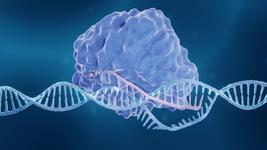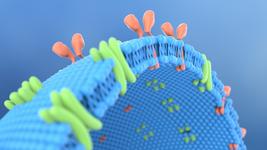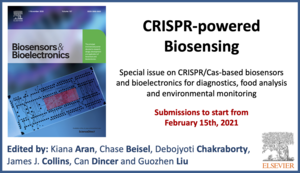Call for Papers: CRISPR-powered Biosensing
Special Issue Editors: Kiana Aran (Keck Graduate Institute, USA), Chase L. Beisel (Helmholtz Institute for RNA-based Infection Research, Germany), Debojyoti Chakraborty (CSIR Institute of Genomics and Integrative Biology, India), James J. Collins (Massachusetts Institute of Technology, USA), Can Dincer (University of Freiburg, Germany) and Guozhen Liu (University of New South Wales, Australia), are co-editing a Special Issue, entitled “CRISPR-powered Biosensing” for the journal “Biosensors and Bioelectronics”.
We welcome original articles and short communications from different research fields – material science, chemistry, nanotechnology, biotechnology, biology, medicine, and engineering – related to CRISPR-powered Biosensing. Unsolicited review articles will not be considered.
Submission portal is open from February 15 to July 15, 2021: www.editorialmanager.com/biosbe. When submitting their papers, authors must select VSI: CRISPR-powered Biosensing as the article type.
Research Topic Description:
Beyond its wide application in genome editing, Clustered Regularly Interspaced Short Palindromic Repeats (CRISPR) technologies along with its CRISPR-associated (Cas) enzymes has recently revolutionized the field of biosensing. This special issue aims at introducing cutting-edge fundamental and applied research in CRISPR-powered Biosensing, demonstrating innovative technologies, methods, and novel integrated devices for next-generation diagnostics, agriculture and environmental monitoring. The special issue will publish short communications, original articles and solicited review articles, which will present current high-impact research topics or directions as well as future perspectives in CRISPR-powered Biosensing.
The key topics of this special issue include but are not limited to the principles, technologies, devices and systems for CRISPR-powered Biosensing, such as (i) in vivo or in vitro detection, (ii) wearables and in-situ applications, (iii) multiplexed or real-time analysis, (iv) theragnostic applications, (v) invasive and non-invasive diagnostics, (vi) sensors or integrated systems for the detection of a wide range of different targets – viruses, bacteria, toxins, microRNAs, cancer mutations (DNA/RNA mutations and single-nucleotide variants) and proteins – for various applications, ranging from clinical and point-of-care diagnostics, wearables, food analysis to environmental monitoring, and (vii) biosensing platforms for CRISPR on-target and off-target efficiency monitoring.






